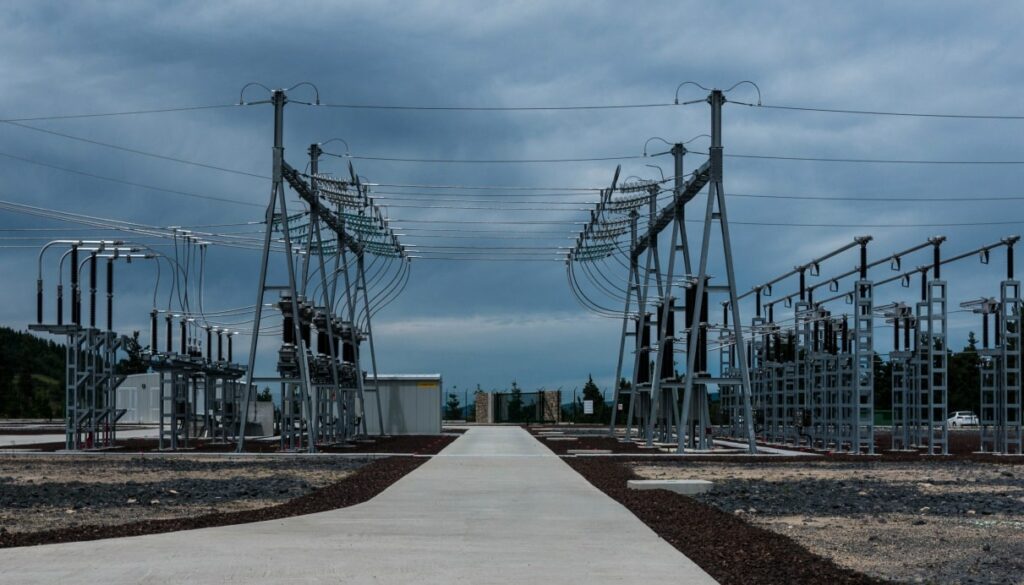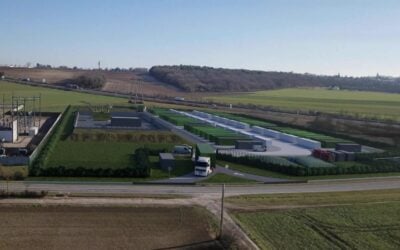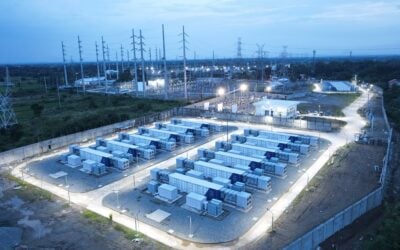
The energy regulator in France has ordered a reopening of a postponed auction for secondary reserve/aFRR services, citing an increase in the number of BESS certified to provide it.
The CRE (Commission de Regulation de l’Energie) has ended early a three-year exemption granted to transmission system operator (TSO) RTE in 2022 for contracting secondary reserve frequency response services, also known as automatic Frequency Restoration Reserve (aFRR).
Enjoy 12 months of exclusive analysis
- Regular insight and analysis of the industry’s biggest developments
- In-depth interviews with the industry’s leading figures
- Annual digital subscription to the PV Tech Power journal
- Discounts on Solar Media’s portfolio of events, in-person and virtual
The exemption will end no later than 1 July 2024, with stakeholders to be given at least a month’s notice for when the call to tenders will be reopened.
In a deliberation published last week (25 January), the CRE noted: “a clear improvement compared to 2021 in terms of the conditions it had defined. The competitive situation in the secondary reserve market is better today, both from the point of view of certified volumes as well as the number of players involved and the diversity of assets that can participate in this market.”
The ‘conditions’ which caused a postponement of the auction were primarily the sky-high energy prices in 2021 following the easing of Covid-19 lockdowns across the globe, as consultancy Clean Horizon explained to Energy-Storage.news at the time.
Alongside the high prices, the CRE’s deliberation noted there were fewer providers for secondary reserve when it decided to postpone the procurement. It said that a growth in the number of providers and the types of assets available will offer an additional guarantee that the call to tenders will be successful in getting a good price.
Specifically, the CRE cited that 100MW of battery energy storage systems (BESS) and demand response providers were certified for secondary reserve in January 2024, almost double the equivalent number in late 2021.
EU countries are in the process of making the secondary reserve/aFRR a cross-border market with different joining dates for member states, which Clean Horizon also wrote about for Energy-Storage.news in 2022.
BESS technology is among the best-suited technologies for services like aFRR because of how fast it can respond to operator signals, and BESS has gradually been displacing the historic provider of such services – thermal gas plants – in most mature energy storage markets.
France had just under 900MW/900MWh of BESS online by the end of 2023 according to data from LCP Delta, and should deploy around 300MW a year over the next few years. Alongside ancillary services and trading opportunities, large-scale BESS is also being monetised through low-carbon capacity market contracts, with 253MW of projects winning in a 2020 auction.
Energy-Storage.news’ publisher Solar Media will host the 9th annual Energy Storage Summit EU in London, 20-21 February 2024. This year it is moving to a larger venue, bringing together Europe’s leading investors, policymakers, developers, utilities, energy buyers and service providers all in one place. Visit the official site for more info.






